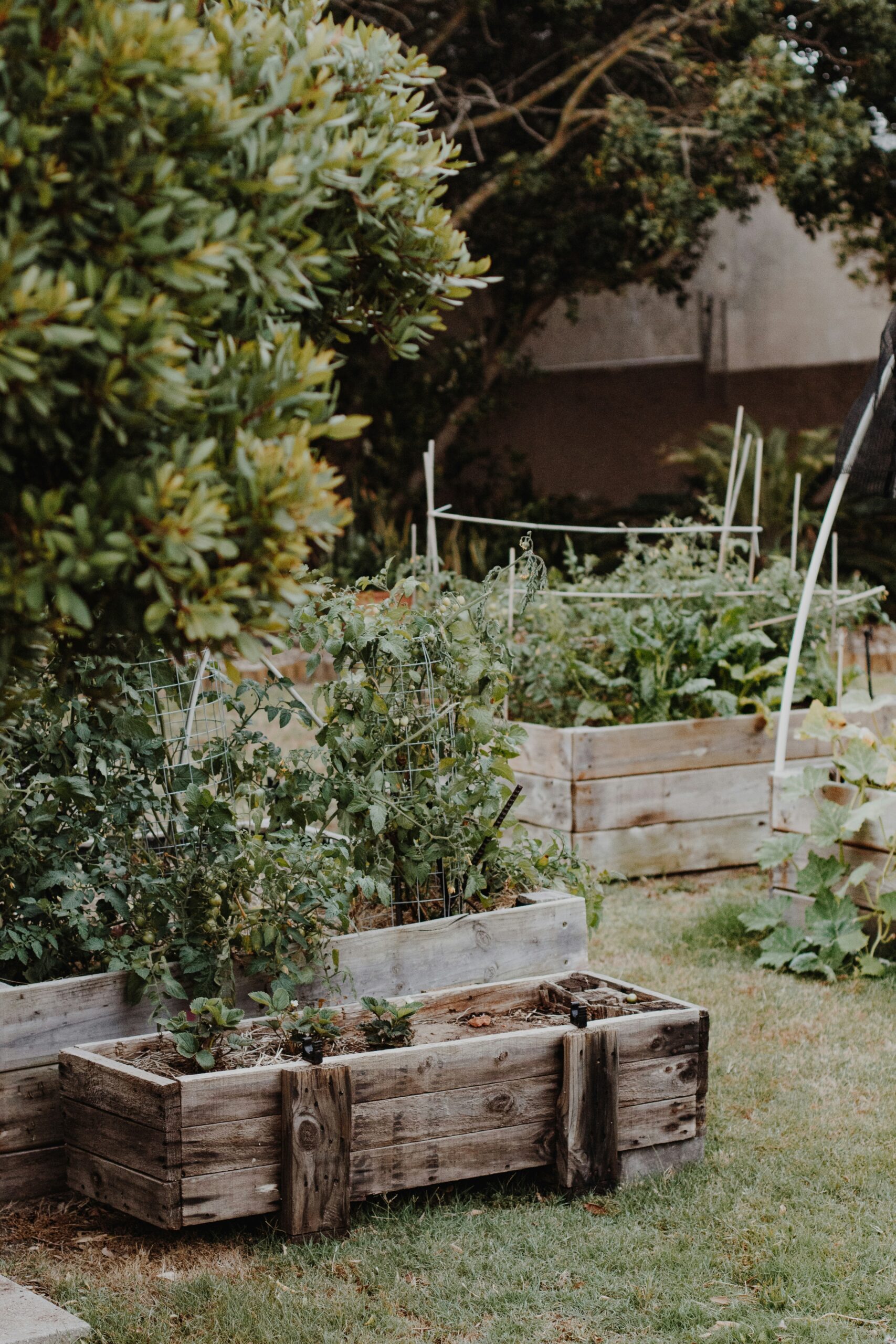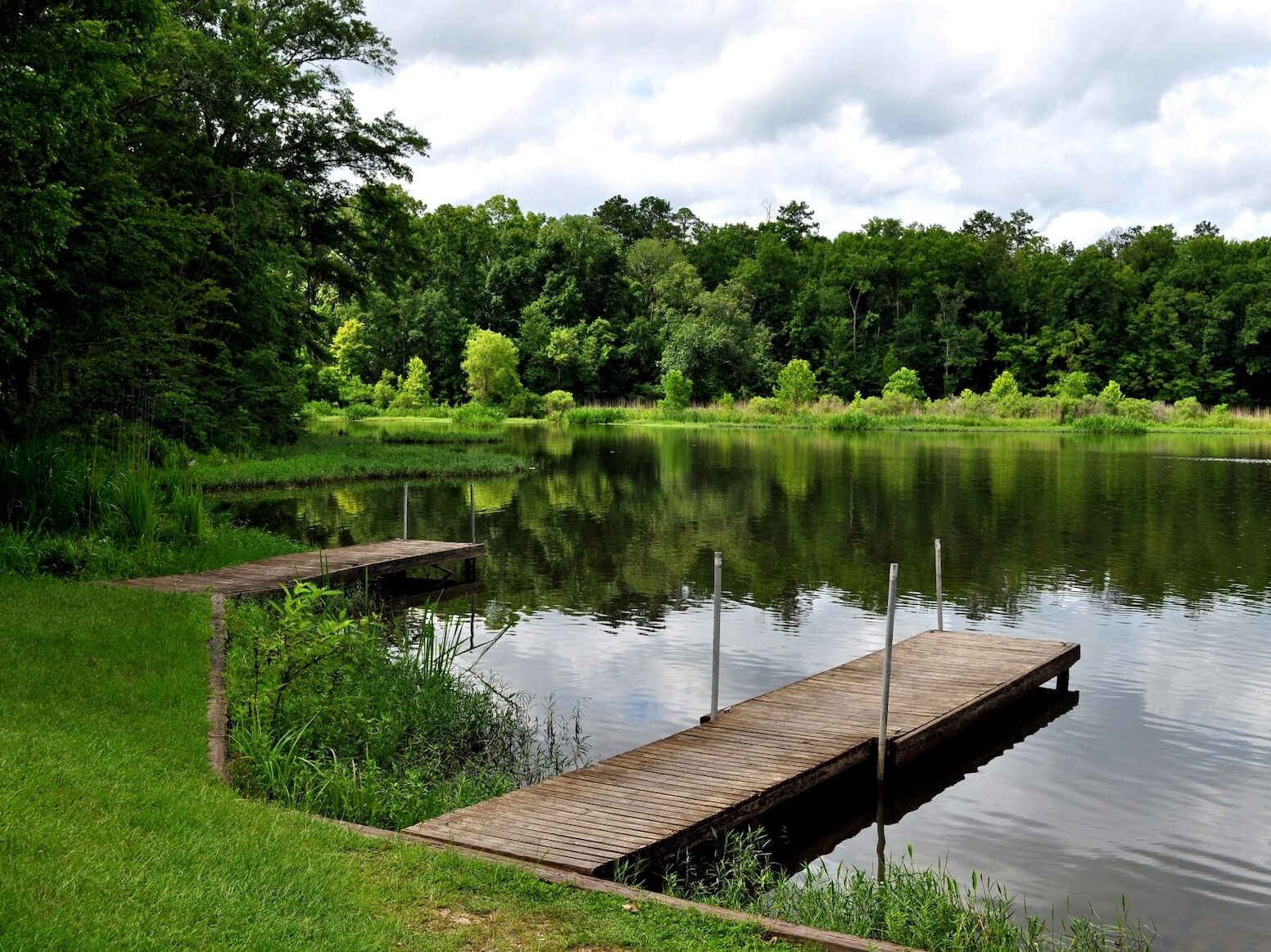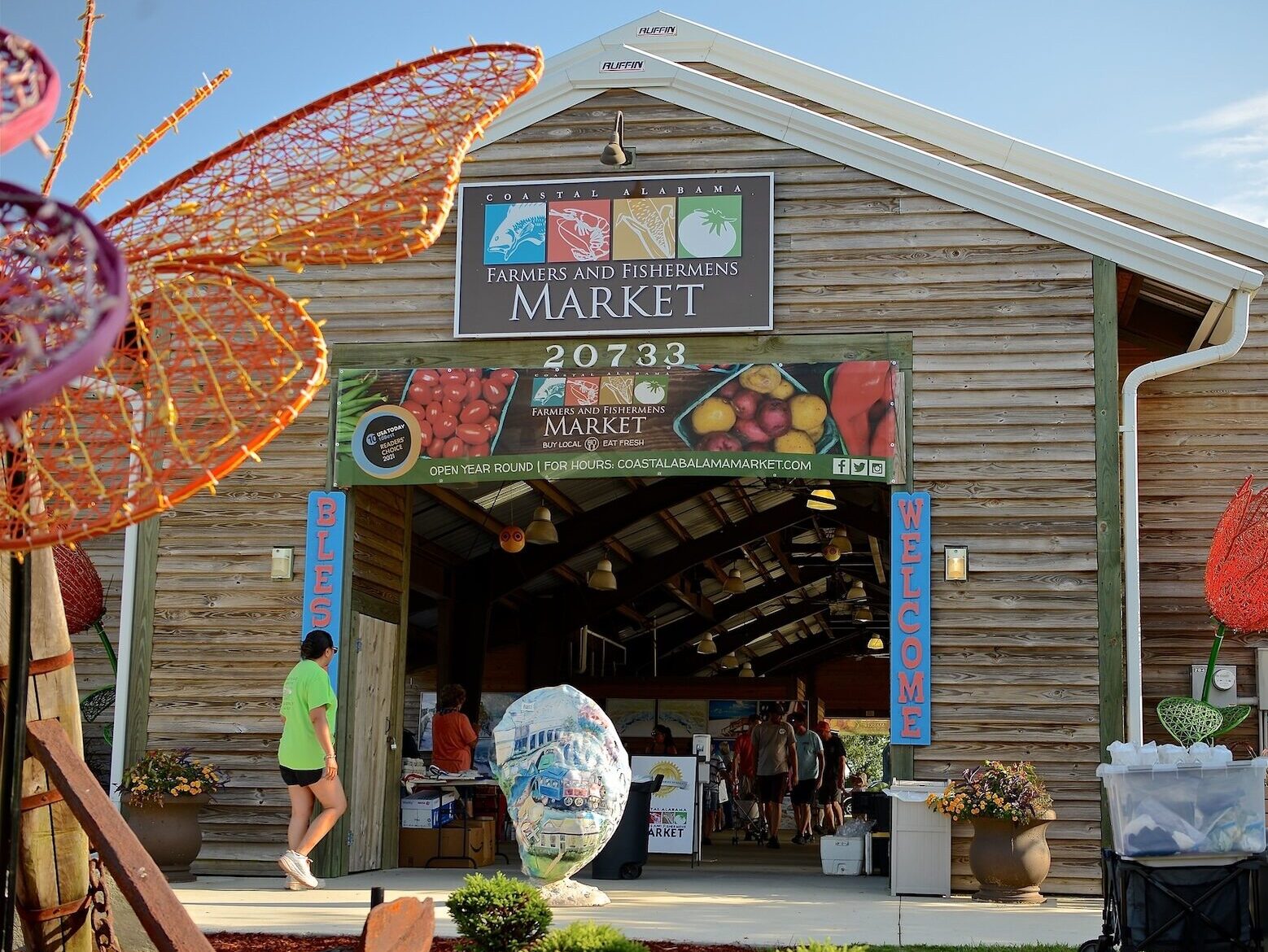Once upon a time, people routinely raised all or part of their family’s food at home. Today, supersized groceries supply 65 percent of the calories we consume.
The problem is those supermarkets, as well as specialty and international food stocking fresh vegetables and meat, concentrate in upper-income areas, making it harder and harder for people in lower-income neighborhoods to find nourishing food. That aggravates health issues like diabetes, high blood pressure, and heart problems.
In Alabama, 13 percent of households do not have ready access to fresh, unprocessed food, according to the federal agriculture department. The issue is particularly stark in the city of Birmingham.
It’s known nationally as a “foodie” city, but nearly 150,000 Birmingham residents—children, adults, the elderly—live in food deserts, defined as communities where the nearest large grocery store is 10 miles or more away. That’s 70 percent of the city’s population.
To help address food insecurity, a growing number of individuals and organizations are creating community urban gardens to cultivate vegetables, fruit, herbs, and other food on neighborhood lots to sell and distribute within the community. They provide fertile ground for families to grow their own food, just as people commonly did in those same communities a few generations ago.
For some, the urban farm also provides a platform to teach the benefits of eating fresh, organically-grown produce, and how to prepare it healthfully.
Here are some of Birmingham’s urban farms, what they do, and how you can support them.
Jones Valley Teaching Farm
Founded in 2001 and located since 2007 by the highway viaducts near Birmingham’s Uptown entertainment district, Jones Valley Teaching Farm raises seasonal vegetables, fruit, herbs, and flowers. Raised beds make the community gardens accessible to all ages, and JVTF operates a pickup stand open to the public from April through November. The teaching center hosts cooking and nutrition classes for all ages. JVTF also distributes plants for home cultivation, provides educational programs in conjunction with Birmingham City Schools, and coordinates vegetable gardens at seven city schools.
Bush Hills Community Garden
Crops: Volunteers and residents of the Bush Hills neighborhood plant, cultivate, and harvest vegetables, fruit, and flowers for their personal use, and grow row crops and fruit for collective use.
Education: BHCG works with master gardeners and horticulturalists to provide hands-on training to volunteers and residents, building lifelong gardening skills. It also is used as a teaching tool for students in Birmingham City Schools.
To volunteer: Open each evening after 5 p.m. and Saturdays from 7 a.m. to noon. Located on the old Wilson School site, Fourth Terrace at 11th Street West.
Central City Urban Farms
Farmer: Mitch Hungerpiller
Crops: Hungerpiller’s parents were raised on farms in Alabama and South Carolina. Growing up, family drives to visit the grandparents were filled with talk about farming food, and fueled upon arrival by vegetables and preserves grown there. During the pandemic, Hungerpiller explored those roots while gardening with his own family, leading him to leave the corporate world and work with his sister-in-law Catherine Peterson to open an indoor hydroponic operation growing lettuces, greens, herbs, and vegetables. The farm also sells free-range eggs and wild ramp salts sourced from family and friends.
Buy: Birmingham-area Piggly Wiggly locations. The farm’s website also links to an online store.
Fountain Heights Farms
Farmers: Maria Dominique Villanueva and her husband, Chris Gooden
Crops: They grow some 200 varieties of seasonal tomatoes, herbs, ginger, garlic, cabbages, collards, and other leafy greens, lettuces, squashes, and heirloom produce like Nigerian spinach and chile peppers.
What They Do: Sales of community-supported agriculture (CSA) shares help underwrite the farm’s program that distributed 10,000 pounds of food in 2021 within the Fountain Heights neighborhood. One in four children and one in six adults in the neighborhood face food insecurity and hunger. Villaneuva and Gooden also coordinate with community organizations to provide diapers, cleaning supplies, and other products for distribution with freshly harvested food at the farm’s free stand.
WE Community Garden
Founded in 2008 by the Urban Ministry, the community gardens train and employ community residents to grow vegetables and fruits, and provide fresh-grown food to the elderly and others living in West End, one of Birmingham’s many food deserts. The gardens also supply some of the food served at lunchtime in the Urban Ministries’ WE Café.
Education: Sessions focus on sustainable gardening and how to prepare fresh-grown food.
Buy: WE sets up markets at Hemphill Elementary School and Princeton Baptist Medical Center.
Mattie’s Garden
Farmer: Jacqueline Jackson
Crops: Organic microgreens, vegetables, fruit, and herbs.
Buy: Jackson operates a weekly stand on Saturday mornings at the Birdsong Farmers Market on Fifth Avenue South, and is a regular at the Woodlawn Farmers Market on First Avenue South. Red Bird Produce in Avondale also stocks its microgreens and other produce, as does the online farm-to-table store, till.
Products used by: Pizza Grace restaurant, Filter Coffee Parlor, and Fever’s Grill and Juice Bar (Indianapolis). The farm also supplies the Feed Bham food program by Grace Klein Community.




